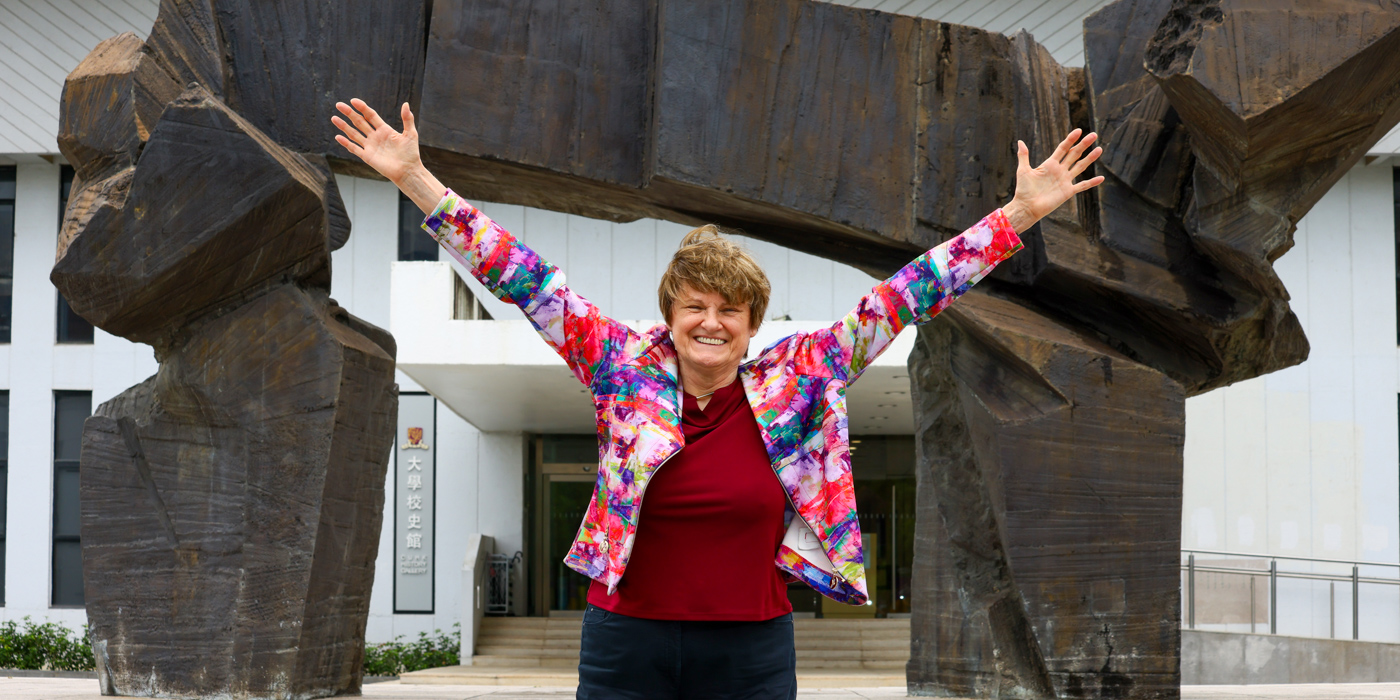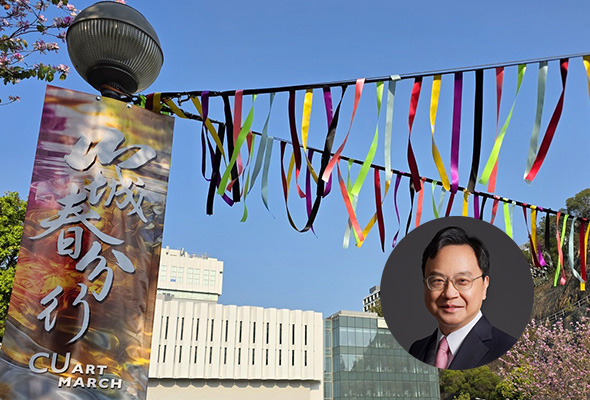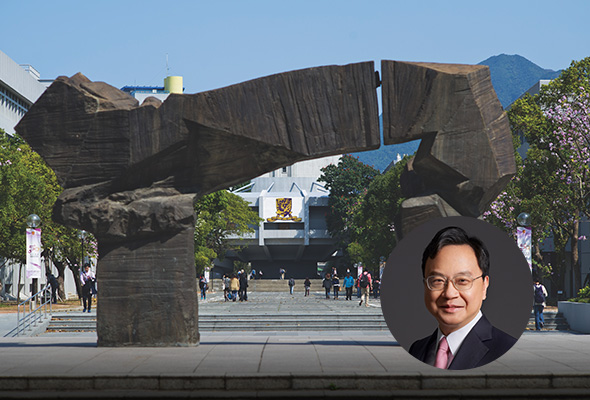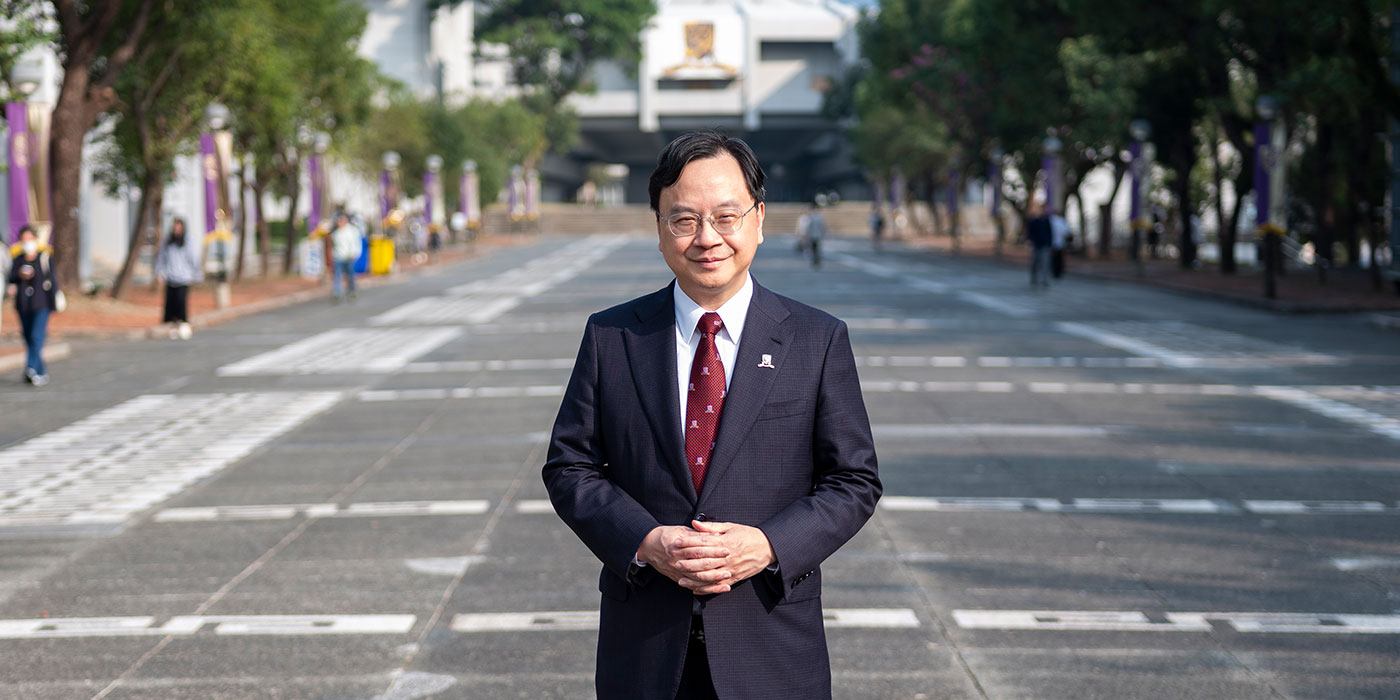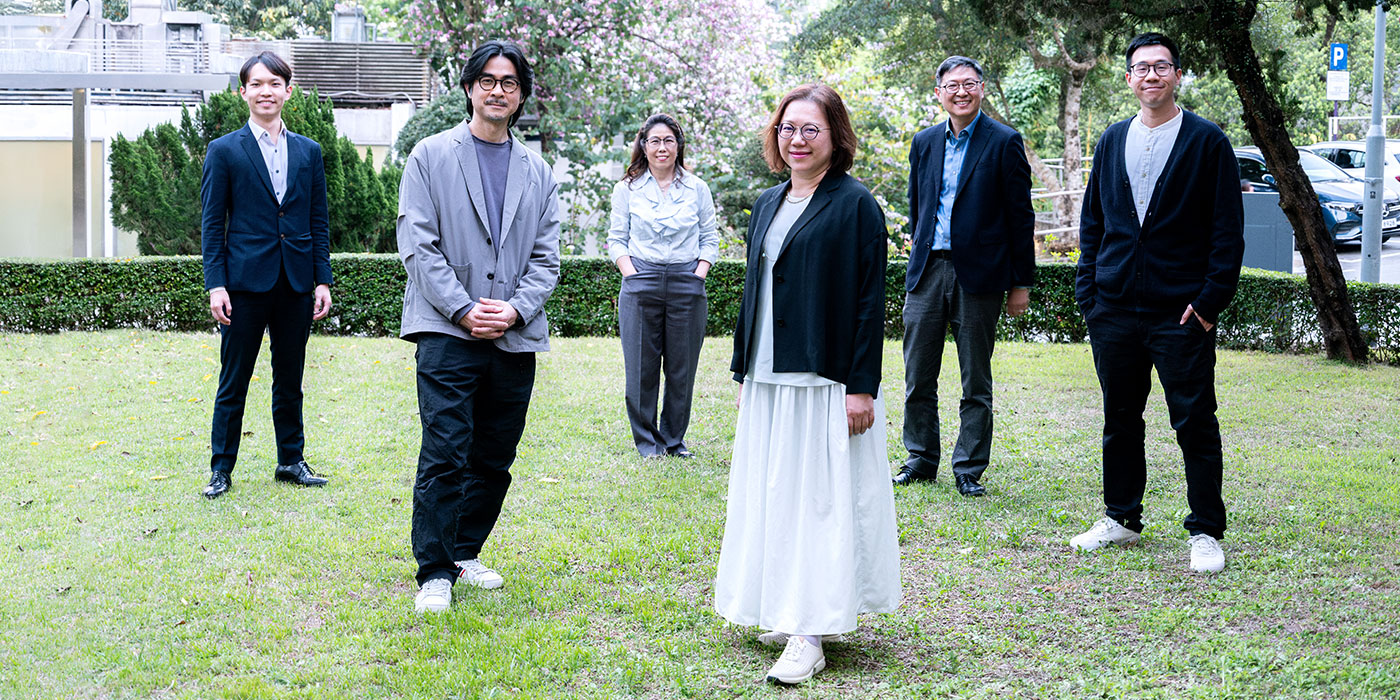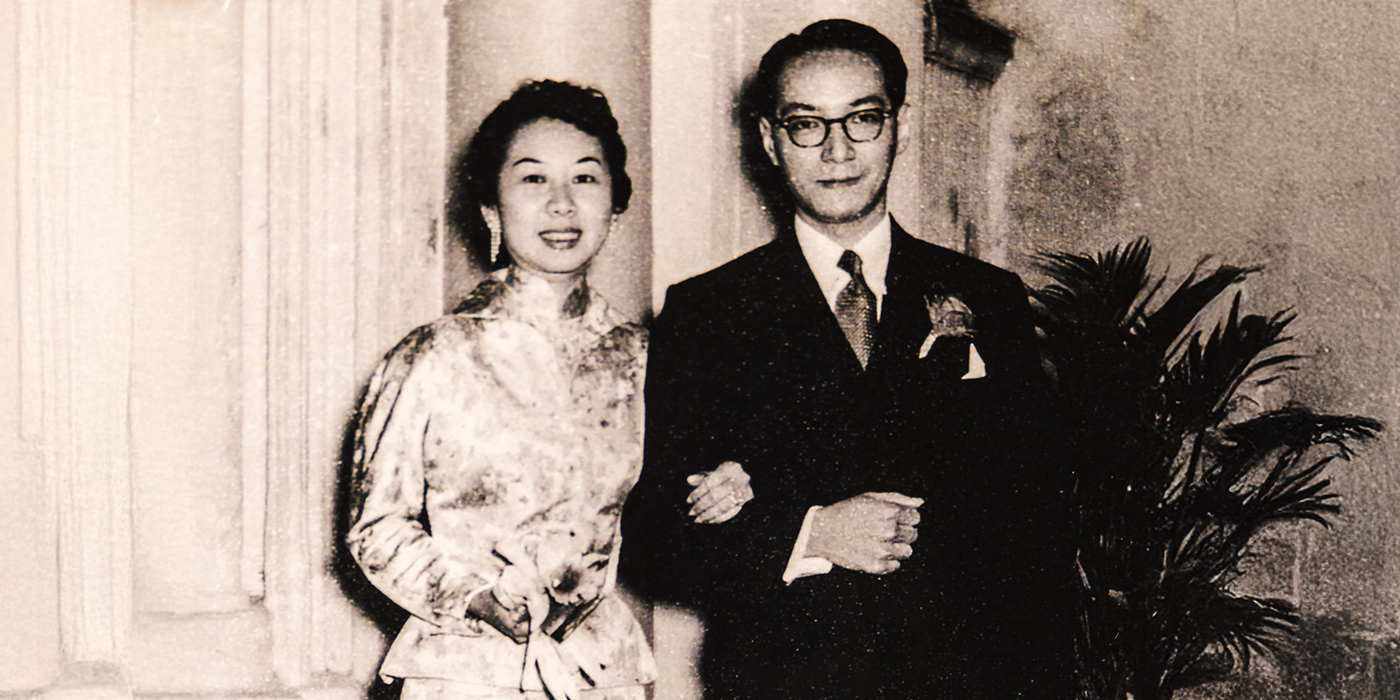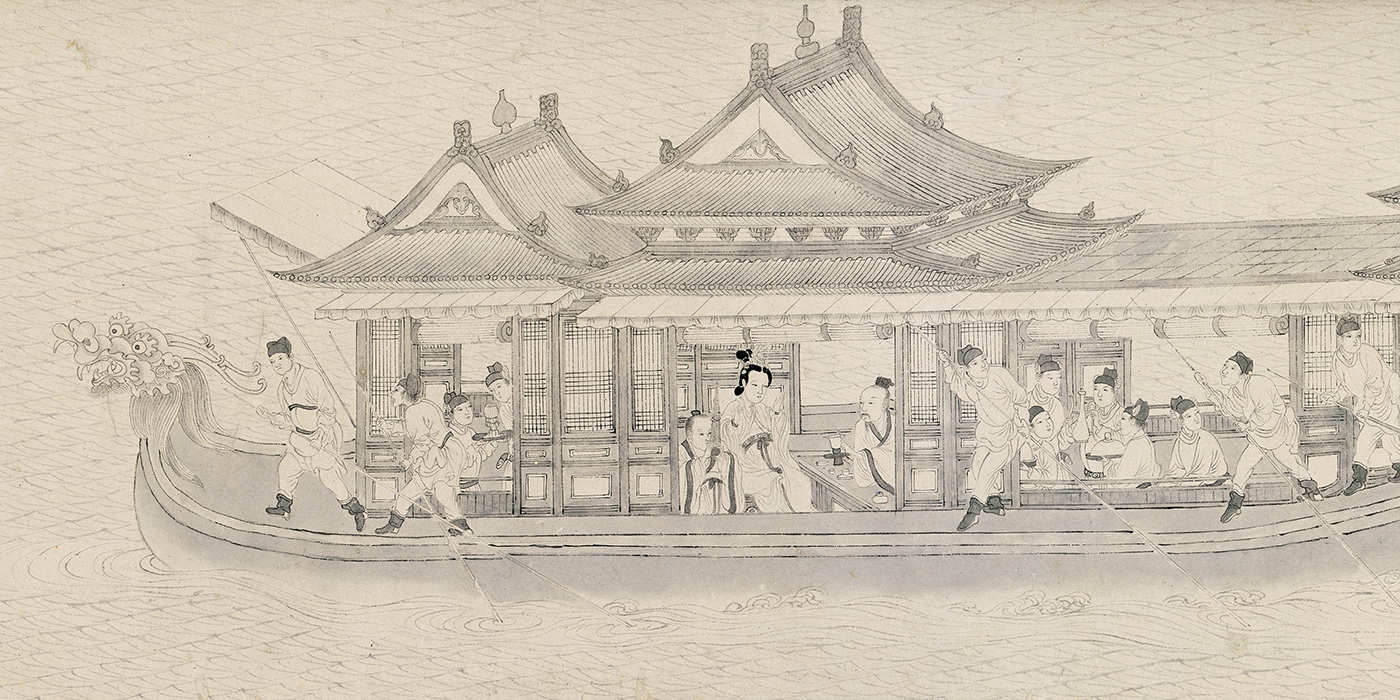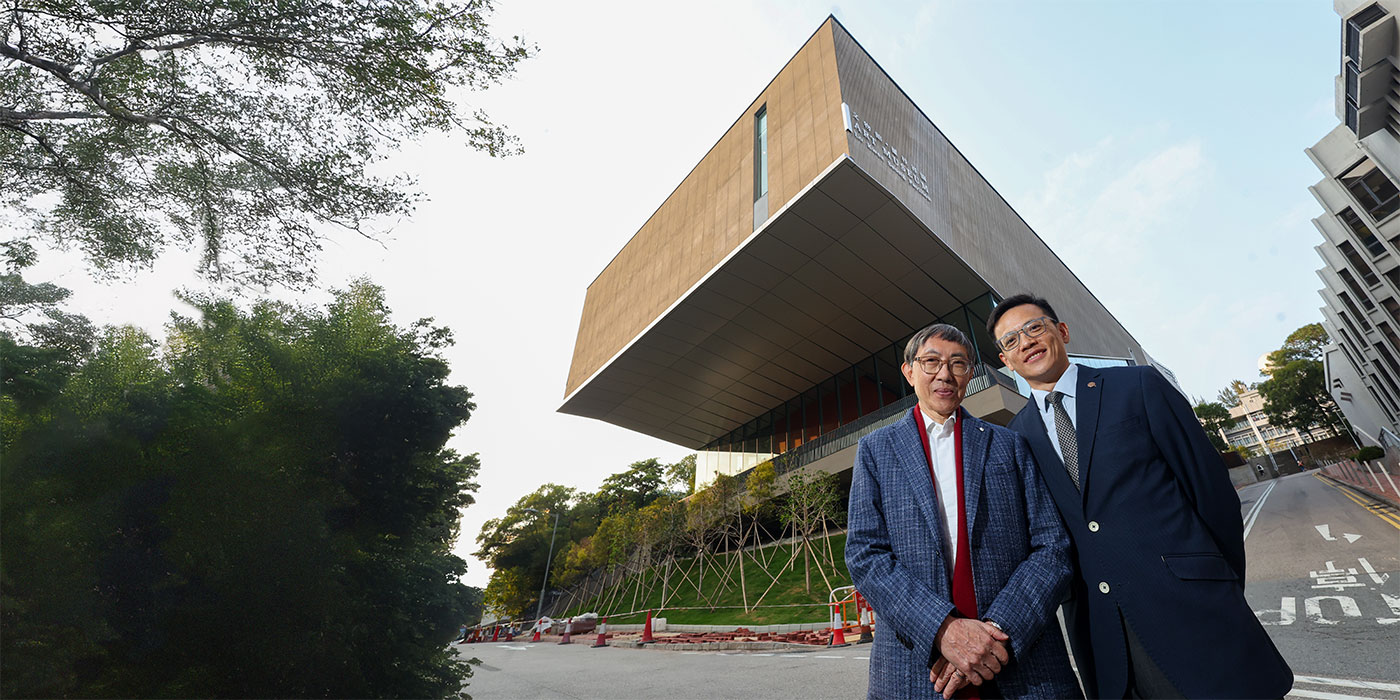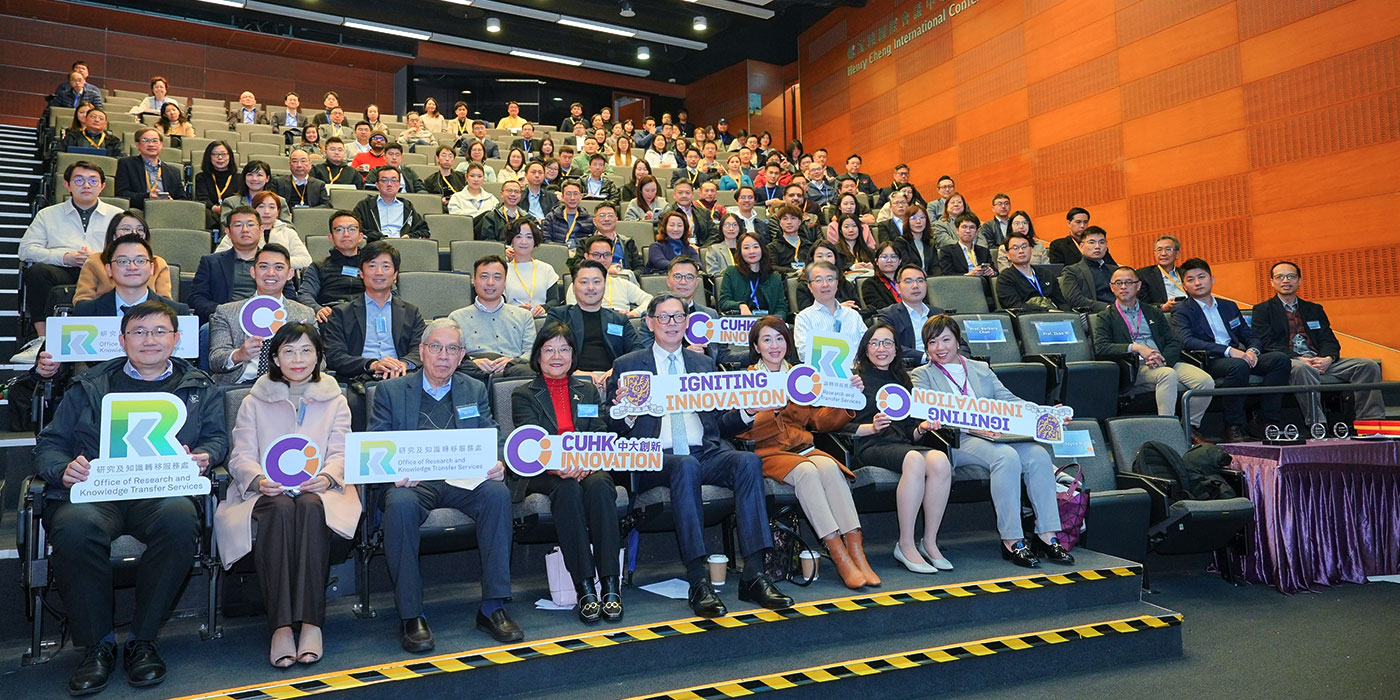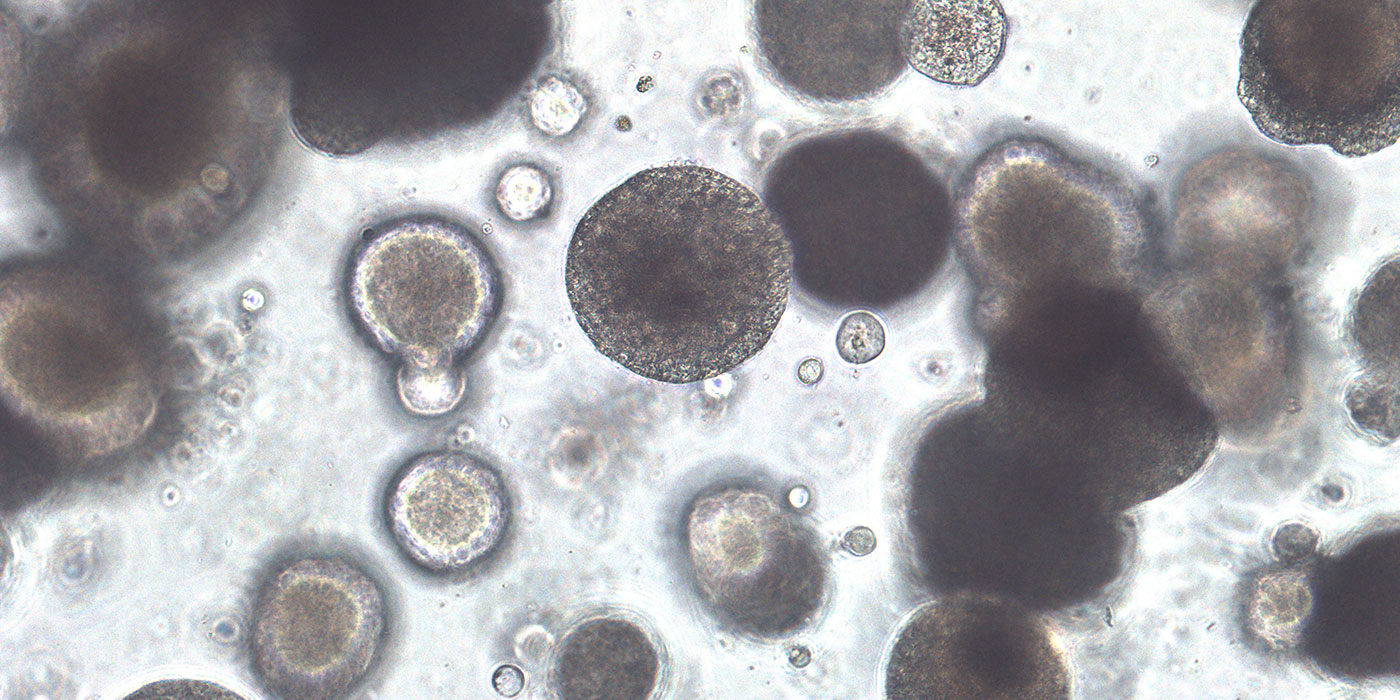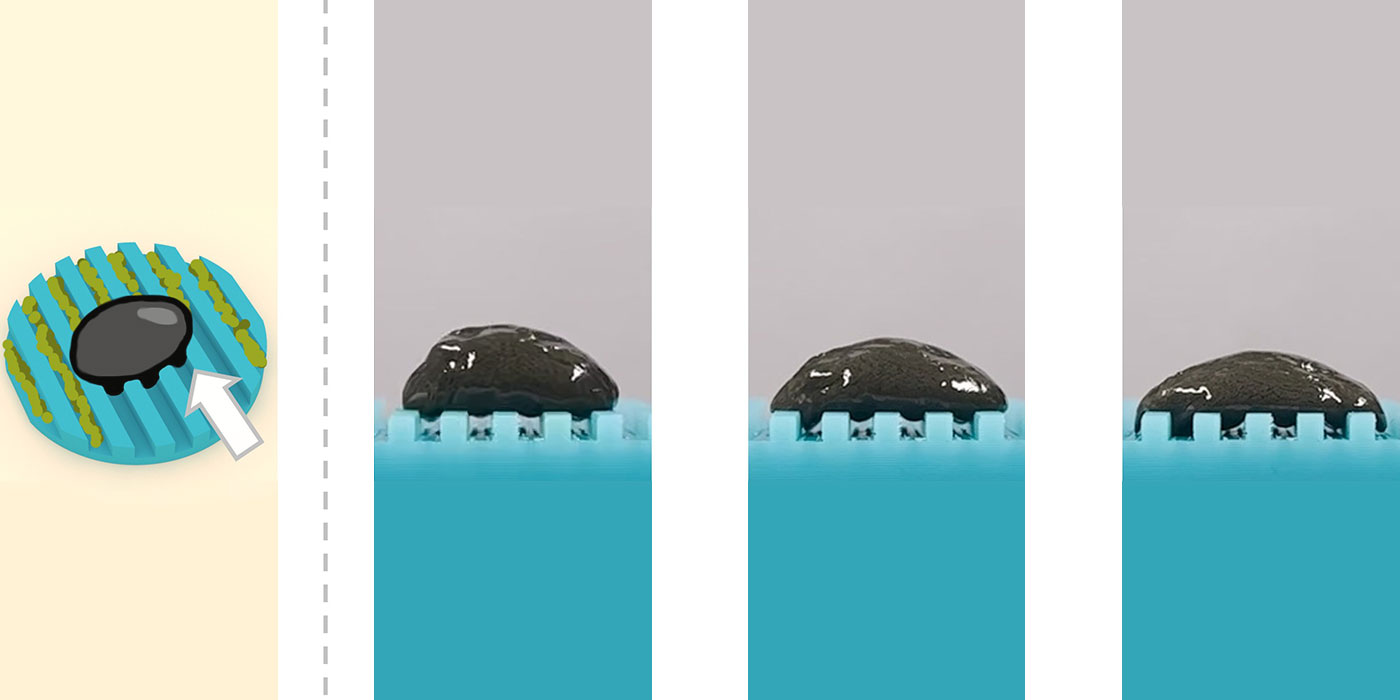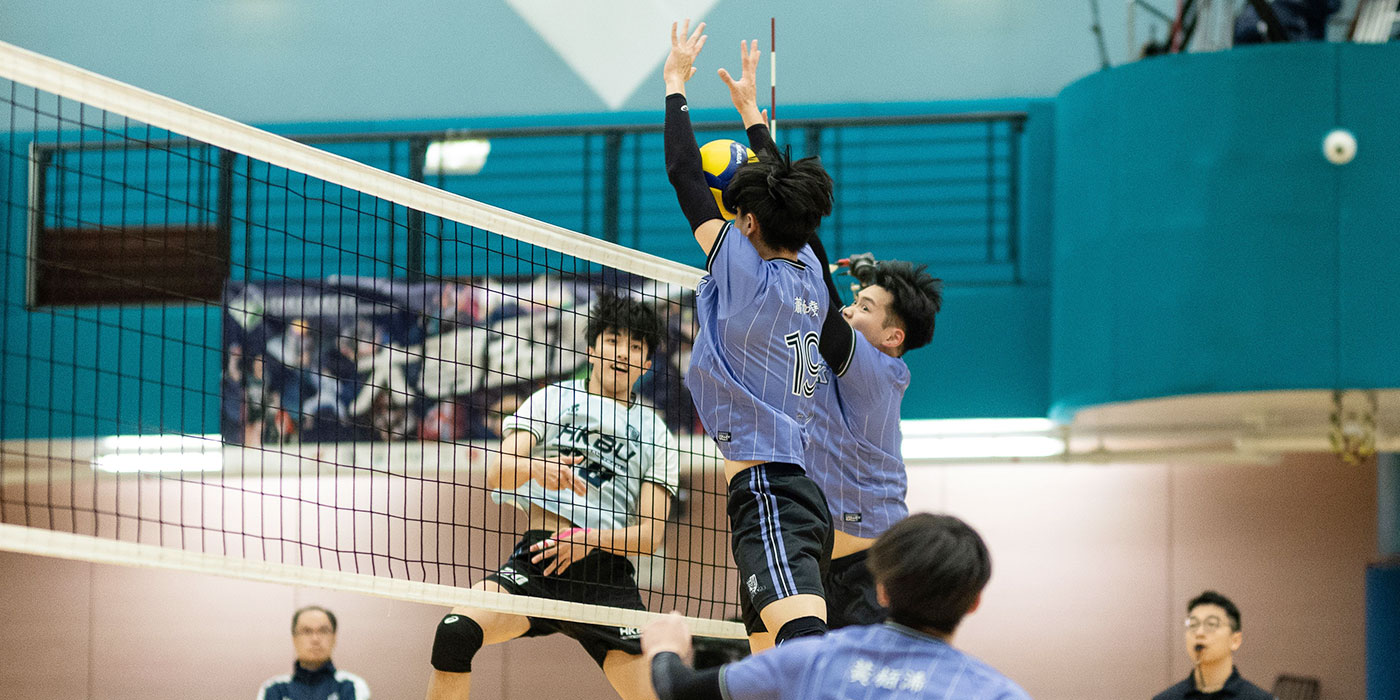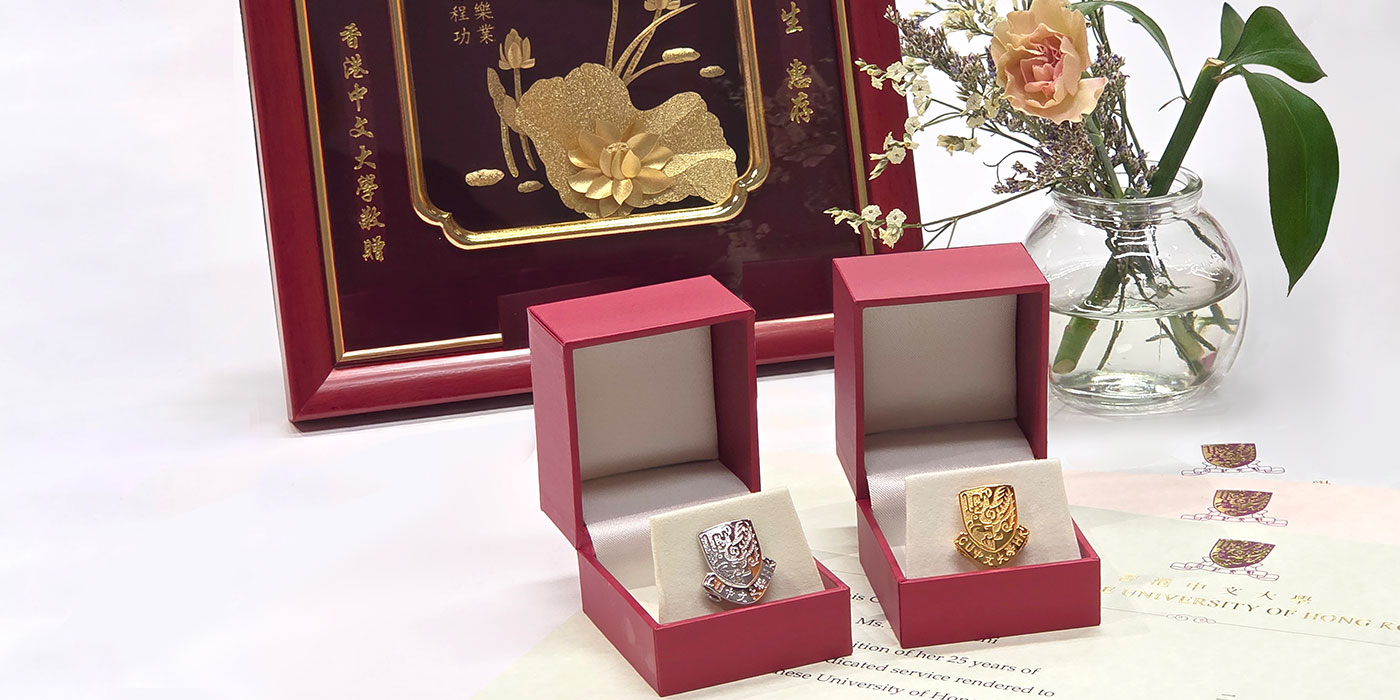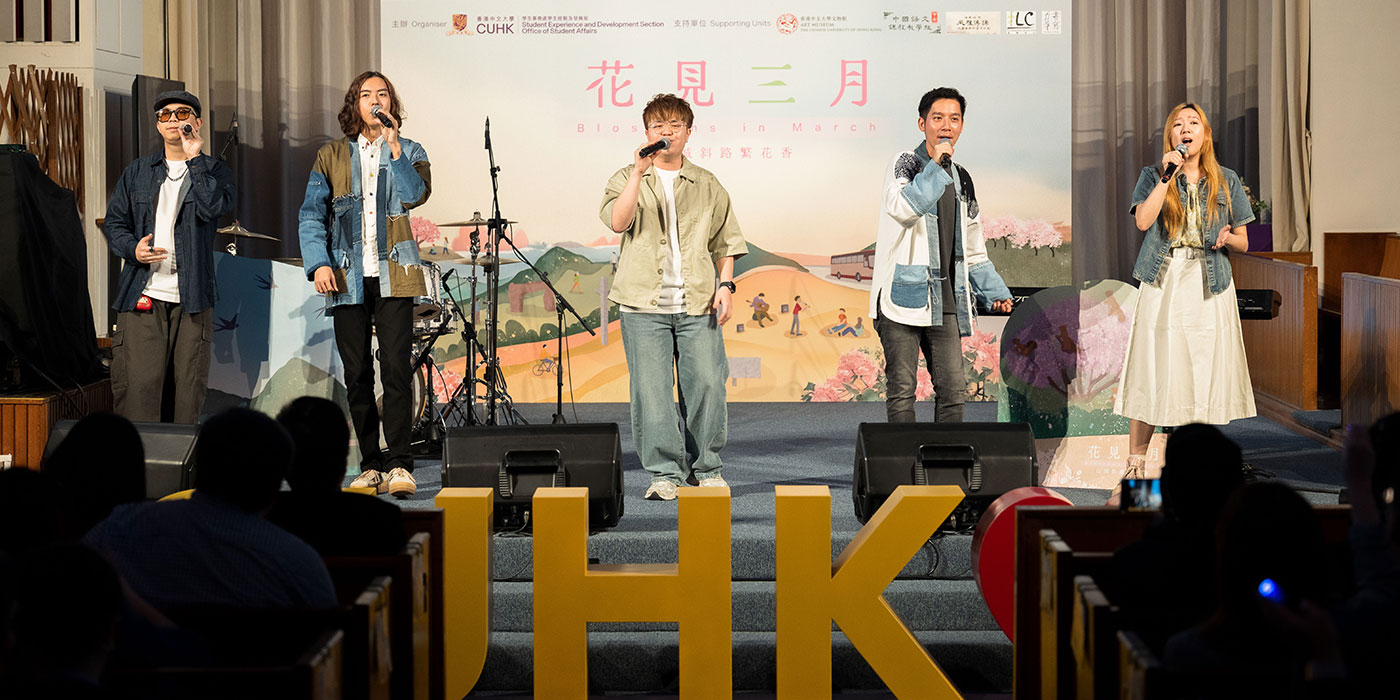Decades of hard work saves countless lives
An mRNA vaccine pioneer reveals ‘science is my hobby’
The COVID-19 pandemic represented one of the biggest shocks to humanity in recent memory. It was not until the invention of applying mRNA (messenger ribonucleic acid) technology to a COVID-19 vaccine was the human cost of the pandemic finally reduced. The discovery – one of the greatest in human history – is the fruit of Professor Katalin Karikó’s life-long dedication to scientific research, particularly on RNA (ribonucleic acid)-based technology.
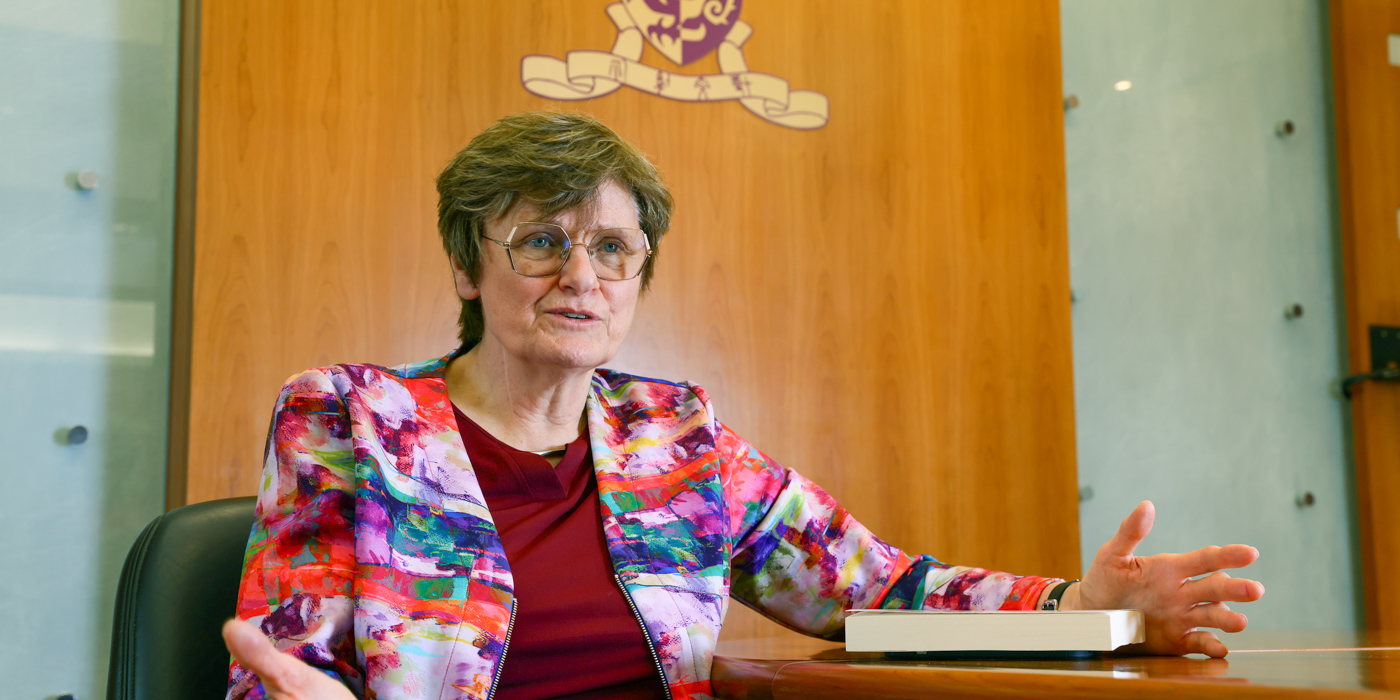
Behind the Iron Curtain
A day after accepting an honorary doctorate in science from CUHK, Professor Katalin Karikó sat down with CUHK in Focus to share an inspirational life story that began in a small village in Hungary and a house without running water or TV. Lauded by peers as the “mother of the COVID-19 vaccine”, she liked to spend time in their garden. “My elder sister and I would sow seeds and watch plants grow every day,” says Professor Karikó. “I also took care of animals. It was such fun to see chickens hatching out of eggs.”
These childhood experiences which she described as “very basic” turned out to be exceptionally influential for Professor Karikó’s future. She cultivated an interest in natural sciences and, as a 14-year-old in elementary school, came third in a national biology competition. The competition was held in Budapest, so far from her home that the brave girl had to travel alone.
Born in 1955, Professor Karikó spent her childhood behind the Iron Curtain separating the Soviet Union and its satellite states in Central and Eastern Europe from the West. Many scientific journals were unobtainable in the Soviet Bloc, leaving scientists there cut off from news of scientific progress elsewhere.
The professor recalls: “My parents went through hardship during World War II. They received minimal formal education, but constantly reminded my sister and me of the importance of going to school.” She eventually earned a place at the University of Szeged where she went on to gain a PhD, followed by a postdoctoral fellowship at the Biological Research Centre of the Hungarian Academy of Sciences.
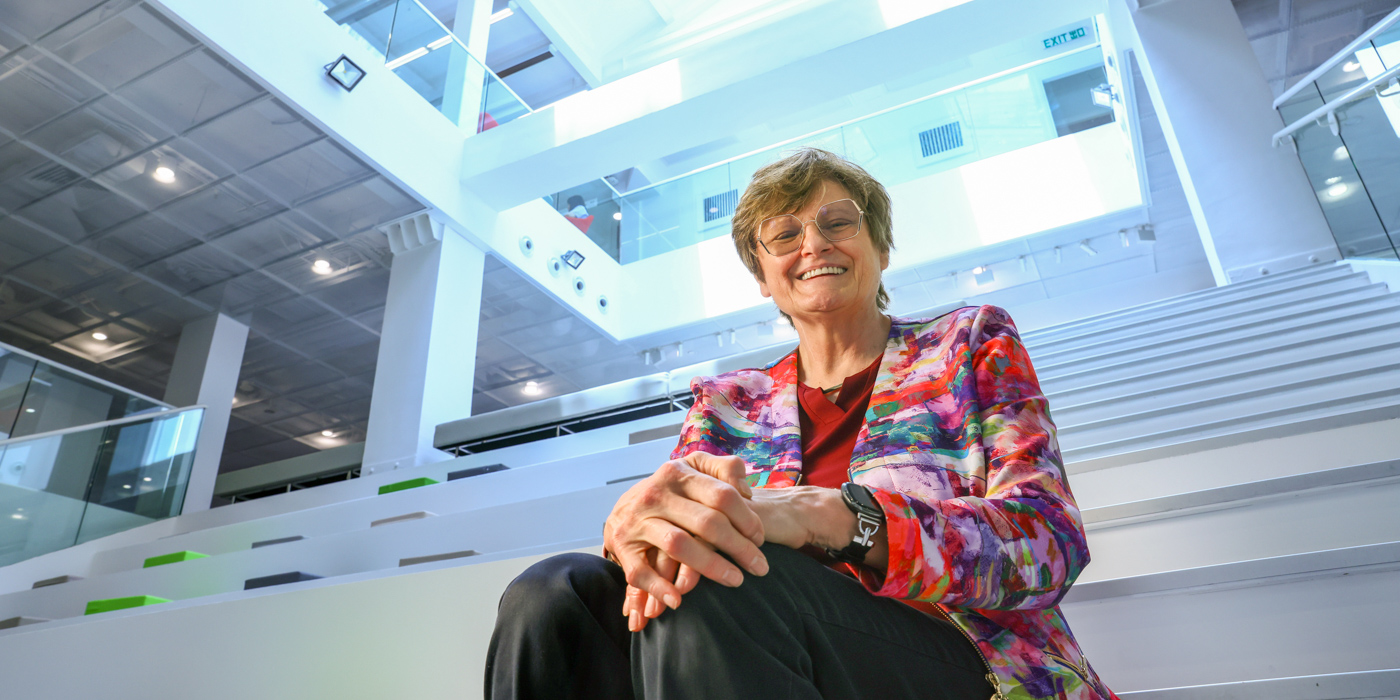
Leaving for America
Professor Karikó worked with an RNA team in Hungary for seven years before research funds started to dry up. She decided to move to the USA with her husband and two-year-old daughter, Susan Francia. “Under currency controls, I had no choice but to sew money into Susan’s teddy bear (when we left Hungary). My daughter later became Olympic champion in rowing in 2008 and 2012,” she says.
Her academic journey in America was by no means smooth sailing. In 1985, she took up a further postdoctoral position at Temple University in Philadelphia, where she launched an all-out effort on RNA-based therapies research. She later became a professor at the University of Pennsylvania.
“In fact, I was terminated from my position four times,” says the professor. “It was my attitude and mindset that kept me going despite hardship.” People at that time did not think that RNA could be useful as it was something very difficult to work with. “But I persisted,” she says. “I was constantly reminding myself to focus on what my next step would be. We cannot control others’ decisions, but we can march forward without wasting any time.”
“Stress can kill you depending on how you perceive it,” says Professor Karikó, who was, at the age of 16, deeply inspired by the works of Hans Selye, the Hungarian-Canadian known as the “father of stress research”. His concept of stress impacted fields like endocrinology, complementary medicine and social psychology.
A dedicated scientist who never thought she would one day be involved in developing a vaccine, Professor Karikó describes her research as curiosity-driven. “That is why – despite all the stress and uncertainties – I never gave up.” Throughout the process, it was a surprise to find out that transfer RNA (tRNA) will not activate the immune system and cause inflammation, unlike RNA.
Seventeen years spent in laboratories – without gloves or a proper laboratory coat – were not in vain. Professor Karikó and her colleague Professor Drew Weissman eventually achieved a breakthrough with global ramifications by developing the mRNA technology that was used in Pfizer-BioNTech’s and Moderna’s vaccines.
Paying attention to clues
Professor Karikó never pursues fame. “Science is my hobby. To me, working as a scientist isn’t about being under the spotlight. To become a great scientist, one has to be like Columbo, a detective in an American crime drama television series who arrives at the correct answer by paying meticulous attention to even the smallest clues and details.” She also reminds aspiring young scientists to handle stress appropriately – rise from the challenges and overcome failures that will be inevitable along the research journey.
Riding on her recent success, Professor Karikó hopes to bring the mRNA technology to the next level. “It is very important to make medicine affordable. I hope the technology can be used to develop vaccines for other diseases such as RSV (respiratory syncytial virus), cancer, allergies, and other infectious diseases. Proper medical treatment should not be limited to the rich. It should also be available to the underprivileged.”
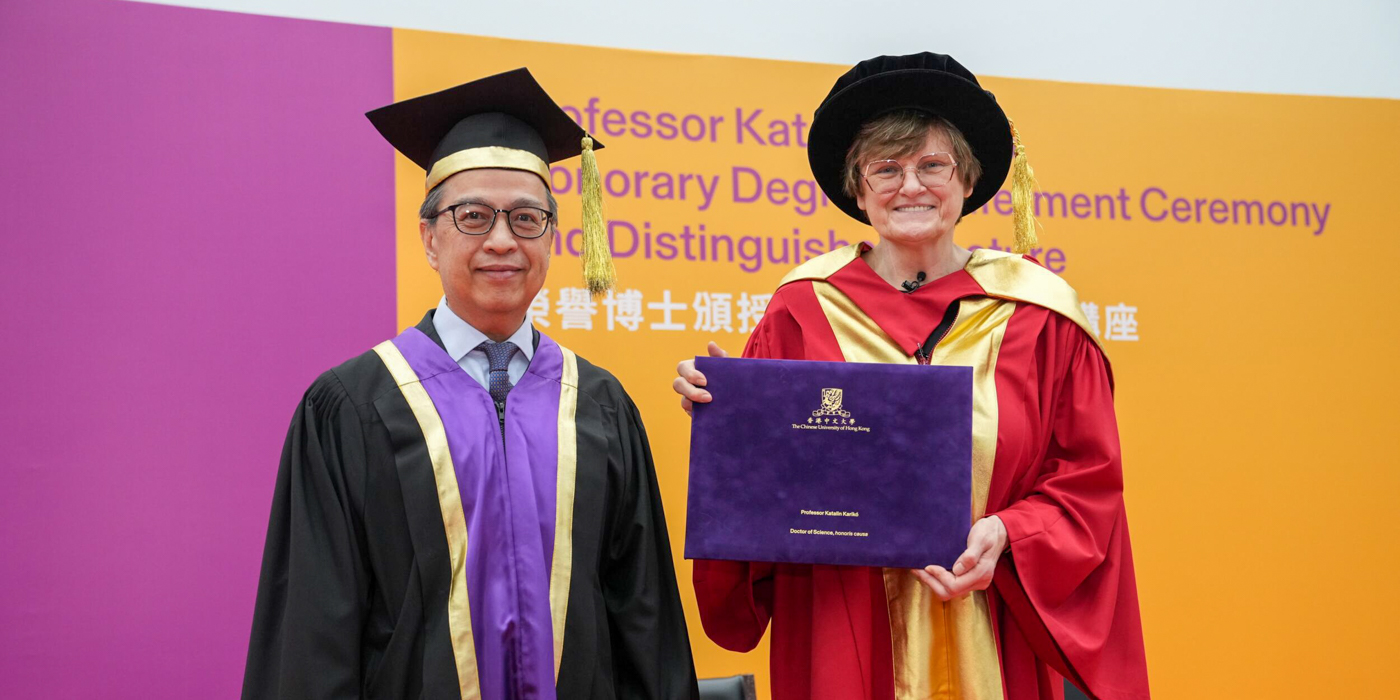
In August, CUHK awarded the degree of Doctor of Science, honoris causa, on Professor Karikó in recognition of her significant scientific discoveries and life-saving achievements. It was the professor’s first trip to Hong Kong, and she was amazed by the greenery of CUHK’s campus. Asked about her next priority, she says, with a chuckle, “I would like to spend more time with my grandchildren.”
By Gillian Cheng
Photos by D. Lee

